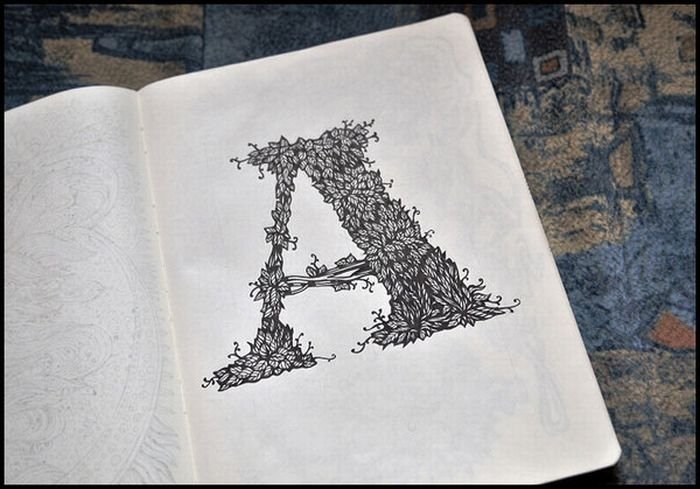|
|
Sketchbook Drawing
|
The sketchbooks of Leonardo da Vinci and Edgar Degas are two examples of many done by famous artists which have become art objects in their own right, although many pages show more thoughtful studies rather than true sketches. The ability to quickly record impressions through sketching has found varied purposes in today's culture. Courtroom artists are usually sketchers. Sketches drawn to help authorities find or identify wanted people are called composite sketches. Street performers in popular tourist areas often include artists who sketch portraits within minutes. A sketch method of reproducing photographs is done with a photographic enlarger in a dark room. The negative image is projected on the paper where the sketch is to be done. All the light shades are penciled until the paper is all the same shade.
A sketchbook is "a book or pad with blank pages for sketching," and is frequently used by artists for drawing or painting as a part of their creative process. The exhibition of sketchbooks at the Fogg Art Museum at Harvard University in 2006 suggested that there were two broad categories for classifying sketches. Observation: this focuses on the documentation of the external world and includes many such travel and nature studies and sketches recording an artist's travels. Invention: this follows the artists' digressions and internal journeys as they develop compositional ideas.
|
|









